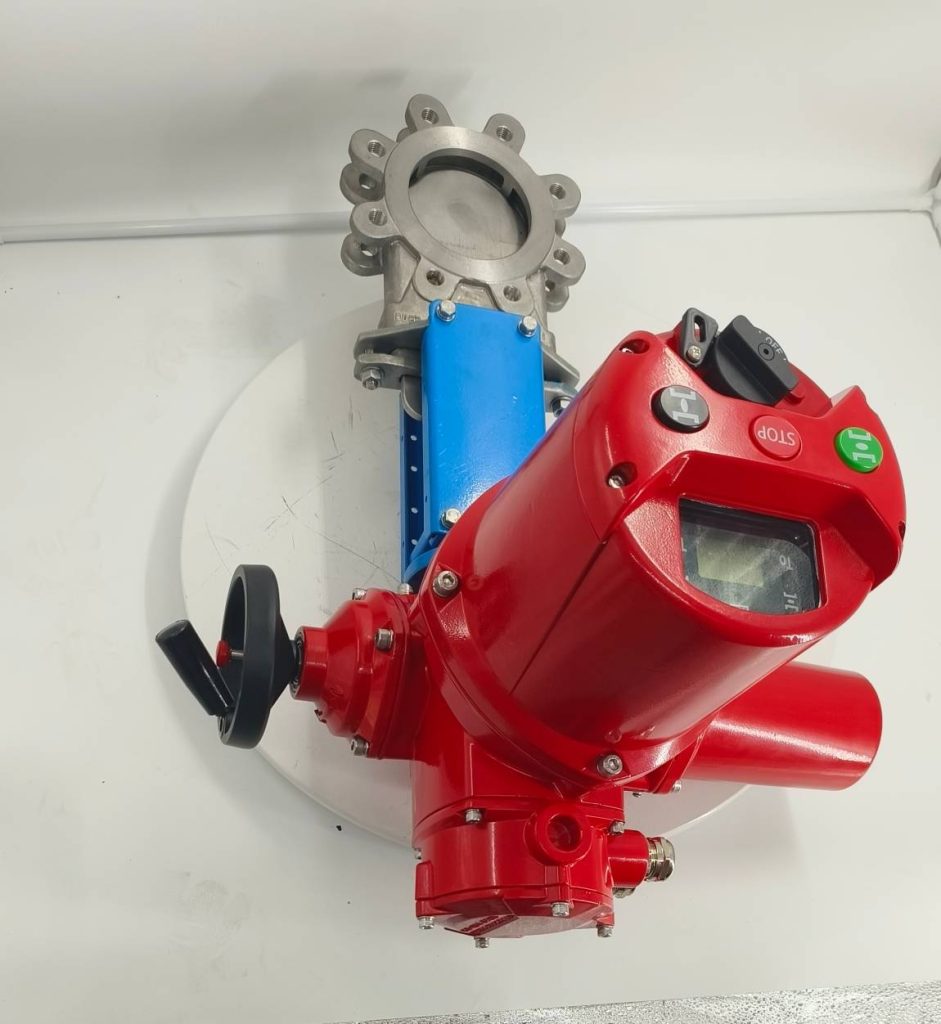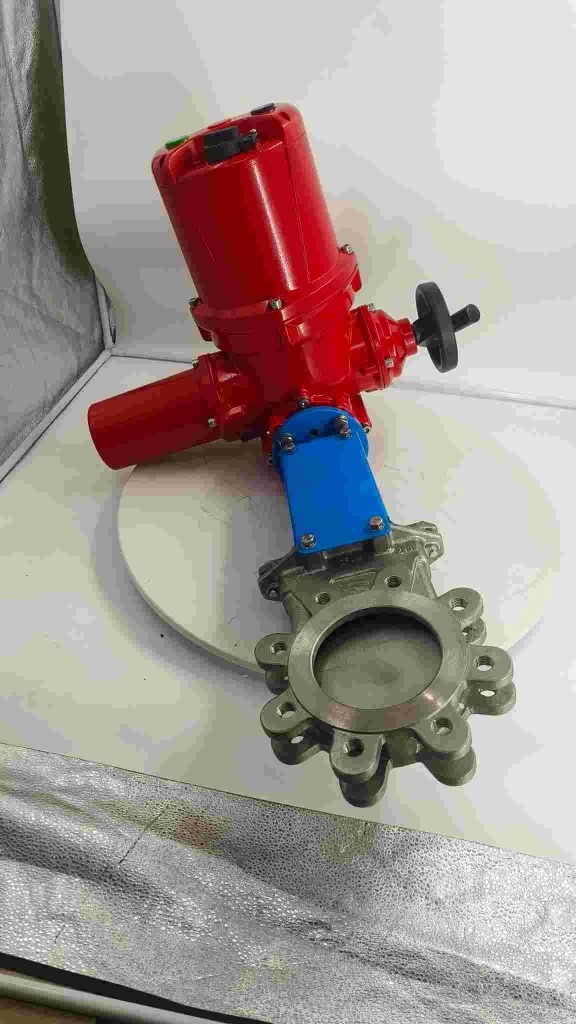In the ongoing quest for sustainable energy solutions, hydrogen has emerged as a promising alternative fuel that could play a vital role in the global transition to cleaner energy. The development and integration of hydrogen energy systems have created a demand for specialized equipment, including hydrogen energy electric gate valves. These valves are critical in controlling the flow of hydrogen in pipelines and storage systems, ensuring safety, efficiency, and reliability in hydrogen-powered infrastructure. This article will explore the importance of hydrogen energy electric gate valves, their applications, and the key factors driving their adoption.

What is a Hydrogen Energy Electric Gate Valve?

A hydrogen energy electric gate valve is a type of valve designed specifically for use in hydrogen-related systems. It combines the traditional gate valve mechanism with an electric actuator, allowing for precise and remote control of the valve’s operation. Gate valves are used in pipelines and systems to regulate the flow of fluids, and in the case of hydrogen energy systems, they are crucial for controlling the hydrogen gas as it moves through pipelines, storage tanks, and fuel cells. The electric actuator attached to the gate valve enables automated, precise control, and can be operated remotely. This is particularly important in systems that require high safety standards, as hydrogen is highly flammable and requires careful management. The valve ensures that the hydrogen flow is accurately regulated, helping prevent leaks or dangerous pressure buildups in the system.
